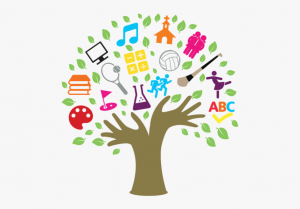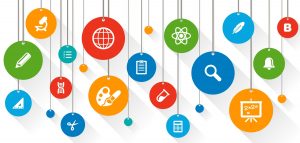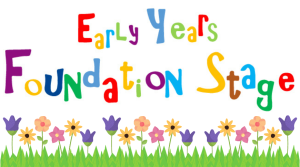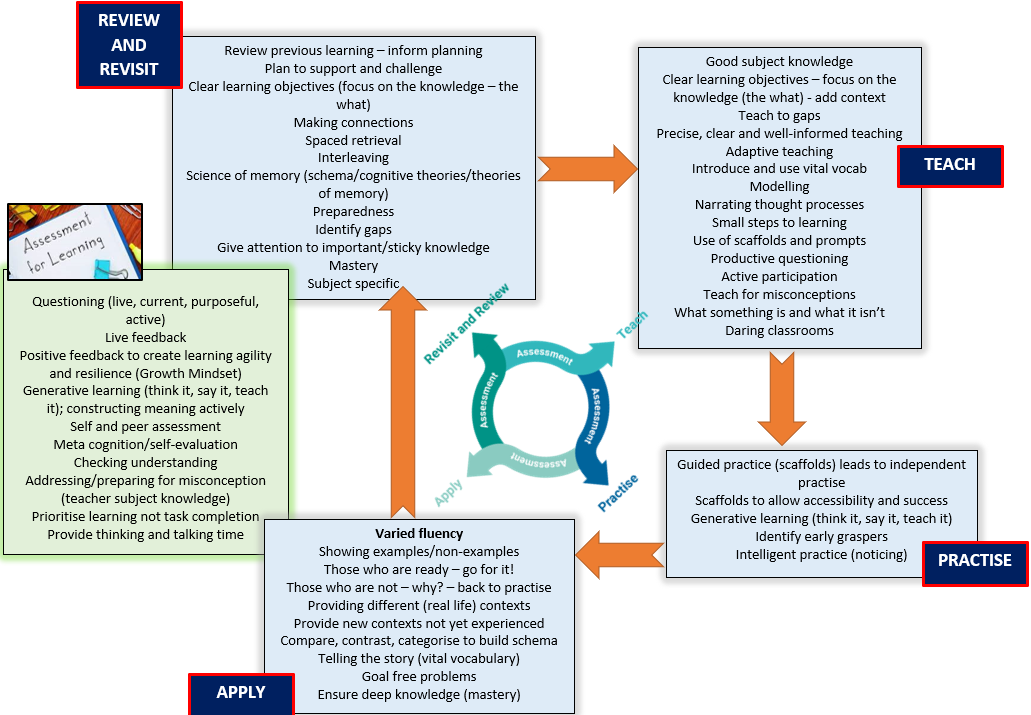- TEAM CURBAR
- OUR LEARNING
- Curbar Curriculum
- Teaching and Learning at Curbar 2023 – 2024
- Bumble Bees – Reception
- Busy Bees – Years 1 and 2
- Birch – Years 3 and 4
- Elder – Years 5 and 6
- Remote Learning
- Forest School and Outdoor Learning at Curbar
- Purple Mash
- How to stay safe online
- ALL ABOUT US
- PARENT ZONE
- INFORMATION
- Safeguarding is everyone’s business!
- Admissions Information 2023 – 24
- Anti Bullying Commitment
- End of Key Stage results 2018 – 19
- GDPR (General Data Protection Regulations)
- Pupil Premium and Recovery Premium 2023
- PE and Sport Premium 2023
- OFSTED
- SEND Information 2023 – 24
- School Policies and Procedures
- School Improvement 2023 – 24
- CONTACT

- TEAM CURBAR
- OUR LEARNING
- Curbar Curriculum
- Teaching and Learning at Curbar 2023 – 2024
- Bumble Bees – Reception
- Busy Bees – Years 1 and 2
- Birch – Years 3 and 4
- Elder – Years 5 and 6
- Remote Learning
- Forest School and Outdoor Learning at Curbar
- Purple Mash
- How to stay safe online
- ALL ABOUT US
- PARENT ZONE
- INFORMATION
- Safeguarding is everyone’s business!
- Admissions Information 2023 – 24
- Anti Bullying Commitment
- End of Key Stage results 2018 – 19
- GDPR (General Data Protection Regulations)
- Pupil Premium and Recovery Premium 2023
- PE and Sport Premium 2023
- OFSTED
- SEND Information 2023 – 24
- School Policies and Procedures
- School Improvement 2023 – 24
- CONTACT
- TEAM CURBAR
- OUR LEARNING
- Curbar Curriculum
- Teaching and Learning at Curbar 2023 – 2024
- Bumble Bees – Reception
- Busy Bees – Years 1 and 2
- Birch – Years 3 and 4
- Elder – Years 5 and 6
- Remote Learning
- Forest School and Outdoor Learning at Curbar
- Purple Mash
- How to stay safe online
- ALL ABOUT US
- PARENT ZONE
- INFORMATION
- Safeguarding is everyone’s business!
- Admissions Information 2023 – 24
- Anti Bullying Commitment
- End of Key Stage results 2018 – 19
- GDPR (General Data Protection Regulations)
- Pupil Premium and Recovery Premium 2023
- PE and Sport Premium 2023
- OFSTED
- SEND Information 2023 – 24
- School Policies and Procedures
- School Improvement 2023 – 24
- CONTACT
Rooted in the National Curriculum, we aim to provide a broad, balanced and ambitious curriculum in order that we can fulfil our school aims so that our children are ‘Happy learners forging our place in the world’.
OVERARCHING CURRICULUM INTENT AT CURBAR
Our curriculum intention is to provide Curbar pupils with memorable, happy and engaging learning experiences to empower and equip them for today and the future.
Our broad and progressive curriculum is designed to:
Develop and build on knowledge, skills and understanding
We foster children’s delight in learning, equipping them to become creative, critical and reflective thinkers and lifelong, independent learners. We do this by building on prior knowledge and delivering enriched learning sequences, so every child may fully develop their talents and fulfil their own aspirational, academic potential.
Develop character
We harness a culture of learning from life’s mistakes within a safe and nurturing environment. We develop discipline, resilience, self-belief and a willingness to take risks. We help children understand that effort is the route to success. We strive for these characteristics to broaden horizons for all pupils, guiding them throughout their academic and personal lives and for them to always to know they are Curbar Citizens.
Inspire confident and robust advocates for the future
We nourish our children’s spiritual, moral, social and cultural development within the ethos and values of the school. They embrace, understand and use their ethical compass to work collaboratively and empathetically. They make a positive influence and take responsibility for their shared community and the wider world.
Promote respect and develop conscience
We value every individual so that each child understands both their inherent worth and the worth and values of others. They are equipped and empowered to live life with respect and consideration.
THE EARLY YEARS FOUNDATION STAGE
Every child deserves the best possible start in life and the support that enables them to fulfil their potential. Children develop quickly in the early years and a child’s experiences between birth and age five have a major impact on their future life chances. A secure, safe and happy childhood is important in its own right. Good parenting and high quality early learning together provide the foundation children need to make the most of their abilities and talents as they grow up.
The Early Years Foundation Stage (EYFS) sets the standards that all early years providers must meet to ensure that children learn and develop well and are kept healthy and safe. It promotes teaching and learning to ensure children’s ‘school readiness’ and gives children the broad range of knowledge and skills that provide the right foundation for good future progress through school and life.
The Early Years Foundation Stage is a national framework for 0-5 year olds and forms the basis for all teaching and learning within our reception group.
There are seven areas of learning and development within this stage of early years education. At Curbar Primary School we strive to ensure that early years experiences are happy, active, exciting, fun and secure. We provide playful learning opportunities with staff that support their development, care and learning needs to ensure every child reaches their potential.
The Early Years Curriculum develops the 3 prime areas first. These are:
Communication and Language – Children will learn to express themselves effectively, showing awareness of listeners’ needs; to use language to imagine and recreate roles and experiences in play situations. Listen attentively in a range of situations. Give their attention to what others say and respond appropriately.
Physical Development – Children will develop coordination and control over their bodies enabling them to become active and interactive within their environment. They will develop mastery over large and small movements becoming confident in using a range of equipment and tools effectively. They will be encouraged to make healthy choices and develop independence in their self care skills.
Personal, Social and Emotional Development – Through sensitive, nurturing support children are helped to develop a positive self image and have confidence in their own abilities. They will learn important life skills of resilience and perseverance to reach a goal or acquire new skills; to form positive relationships and develop respect for others; to develop social skills and learn how to manage their feelings; to understand appropriate behaviour in different situations and have the confidence to make the right choices.
These prime areas are those most essential for your child’s healthy development and future learning.
As children grow, the prime area will help them to develop skills in 4 specific areas. These are:
Literacy – Children will develop a love of literature in both the spoken and written form: linking letters and sounds to read and write simple words becoming early readers and writers; engage and play with language, stories, characters extending their vocabulary and imagination through drama, story telling and role play.
Mathematics – Through practical and real life play opportunities children will develop and improve their counting, use of numbers, addition and subtraction, shape, space and measures. They will develop an understanding of maths through stories, songs, games and imaginative play, creating resilient mathematicians.
Understanding the world – Children will have the opportunity through a variety of exciting themes and topics to make sense of the world in which they live and how they can influence it. Learning about their own lives and how they have changed in their own lifetime; making sense of the physical world, the local community, finding out about people, places, technology and the environment.
Expressive Arts and Design – Enables children to express feelings, emotions and extend their imaginations and ideas through exploration with a wide range of media and materials through art, music, dance, movement, role-play, design and technology.
Please click on the links below for further information:
Early Years Framework – September 2021
Please follow the link for information around Reading and Phonics in the Early Years and Key Stage 1 (infants)
Key Stage 1 and 2 Curriculum 2023 – 2024

At Curbar, we have designed a curriculum that supports every child to develop a passion for learning and strive for excellence through fulfilling their potential. Developing the ‘whole child’ is at the heart of everything we do. We set high standards for all children and aspire for them to become confident, well-rounded individuals that are questioning and curious in their approach to their learning.
The curriculum that we have designed is underpinned by our school values. Our curriculum supports children’s Social, Moral, Spiritual and Cultural Development and where possible we make links to the school’s locality, history and current affairs.
British Values are promoted both explicitly and across the curriculum. We recognise that the local demographic is not as diverse as the wider locality and therefore we plan opportunities for children to be exposed to, learn about and appreciate different cultures and religions. This prepares children for life in modern Britain.
We offer a broad and balanced curriculum for all learners. Children in the EYFS Foundation Stage are taught using the EYFS Framework, with an emphasis on using key skills, knowledge and understanding through direct teaching and structured continuous provision.
In KS1 and KS2 the statutory National Curriculum is taught. At Curbar, our curriculum is designed with knowledge at its heart to support children widen their vocabulary base and understanding of the world.
We have drawn upon current research about how memory works and understand that existing knowledge provides the foundation from which further knowledge and understanding can be built. Teaching staff are encouraged to employ teaching and learning strategies that support children to remember curriculum content in future years. We use ‘spaced repetition’ to provide children with key information that they are expected to learn over the course of their learning journey in particular subjects. We believe that progress means knowing more and remembering more.
There is an emphasis on the acquisition of basic skills including phonics, grammar, spelling, arithmetic and times tables, which enable children to access the broad curriculum and ensure that they have increased their confidence to learn and succeed.
Our curriculum uses foundation subjects as a vehicle to create strong and purposeful learners who can access key knowledge. High quality texts are woven into the curriculum to: immerse children in literature, develop their skills as readers and encourage a passion and enthusiasm for reading. Texts are carefully selected to ensure a broad range of genre, styles and subject matter, including at least one ‘classic’ book each year to engage children with a timeless narrative.
Children learn through lines of enquiry around a central theme, taking them on an exciting learning journey. As they progress, they develop key knowledge, understanding and skills, working both collaboratively and independently. Throughout each learning journey children are encouraged to ask questions and find new ways of discovering answers. Each learning journey provides the children with the opportunity to apply their knowledge and skills to produce high quality creative outcomes. These outcomes are shared with different audiences, including members of the school and wider community, so that children’s learning across a range of subjects is valued.
At Curbar, we believe that childhood should be a happy, investigative and enquiring time in our lives where there are no limits to curiosity and there is a thirst for new experiences and knowledge. We provide enriching opportunities including trips, visitors, workshops and themed weeks/days, which are integrated into our curriculum to bring learning to life and create memorable learning experiences.
We aim for Curbar children to leave with a sense of belonging to a tightly knit community where they have the confidence and skills to make decisions, self-evaluate, make connections and become lifelong learners.
‘Question everything, learn something’ – Euripides
Our Curriculum, despite following the National Curriculum, is bespoke to Curbar and is designed with a Curbar child in mind. As a consequence it will grow and change. This enables us to ‘tweak’ and refine our plans to ensure they respond to the needs of our children and the community we serve. We make no apologies for this, we plan for our children and nobody else!
The school’s curriculum is based on the subjects outlined in the National Curriculum. These are: Maths, English, Science, Art and Design, Computing, Design and Technology, Languages (KS2 only) History, Geography, Music, Physical Education, Religious Education and Personal, Social, Health and Economic Education.
We also place a strong emphasis on developing children’s understanding of their own and others’ needs and feelings citizenship learning. PSHE is taught as discrete lessons, and also promoted through assemblies and day-to-day events in our school life. Evidence shows that well-delivered PSHE programmes have an impact on both academic and non-academic outcomes for pupils, particularly the most vulnerable and disadvantaged.
We have developed a creative approach to our curriculum where we aim to challenge children’s learning. Whenever possible, we try to make links across subjects, so that learning in one area enhances learning in another subject. Some subjects such as Maths and English are taught daily and links are made to the topic whenever possible. Others are studied for short blocks, so as to enable children to make links and follow up/extend their ideas. We encourage children to ask and try to answer their own questions and explain their thinking. We aim to include trips and real experiences in our curriculum whenever we can. You will also notice that for some units the plan is spread over a whole term, whilst others are split into a shorter half termly block.
Different teaching methods are used at different times in the school. During a week a mixture of whole class, group and individual teaching and learning will be used, depending on which is most appropriate. However, all our learning is based on the following model:
Learning to Learn: children develop the skills of reflection and evaluation. We recognise the importance of self regulation and meta cognition in learning. They identify the strategies they have used in their learning and help the teacher plan their next steps. By the time they leave in Year 6, our children are expected to be experts at analysing their own learning and helping themselves improve their learning.
How we learn – Assessment for Learning
Please click on our Teaching and Learning Policy for further information:
© Copyright 2023 Curbar Primary School
Telephone- 01433 630266 | Email- enquiries@curbar.derbyshire.sch.uk


